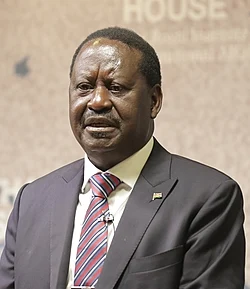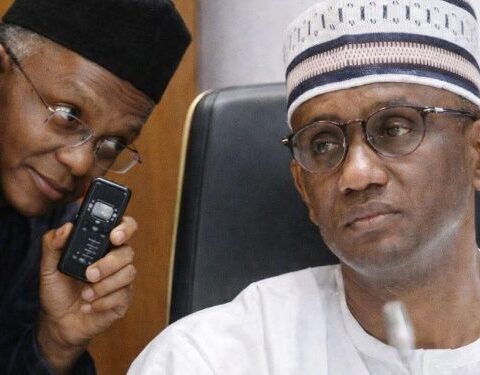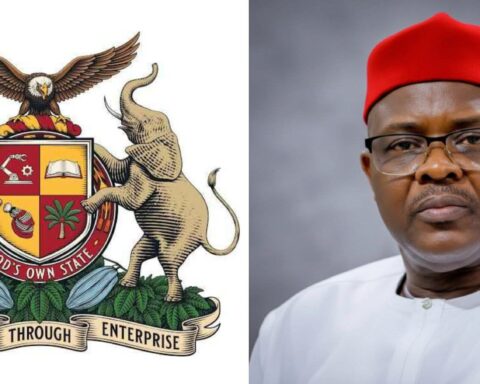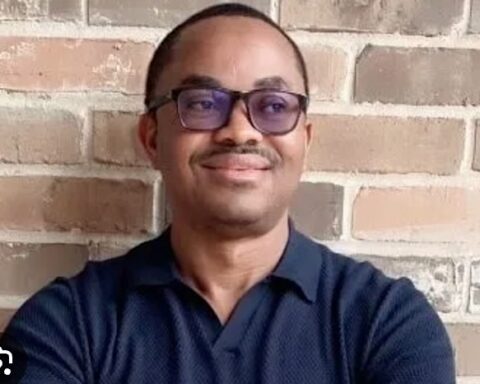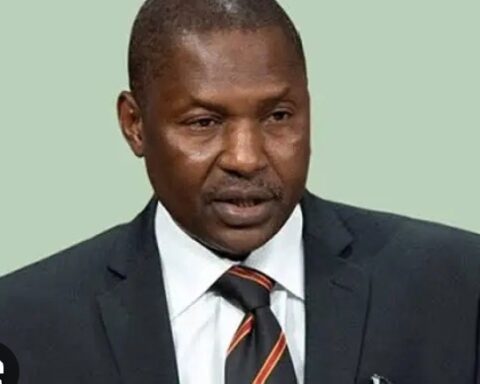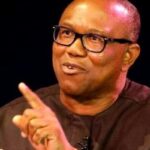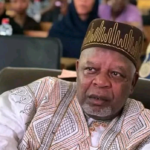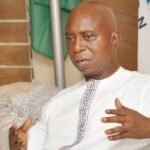By Oluwasore Alabi
Veteran Kenyan opposition leader, Raila Odinga, passed away aged 80 while receiving treatment in India, after he sustained a cardiac arrest while on a morning walk.
His passing marks the end of an era in Kenyan politics and African democracy and leaves a towering legacy of courage, tenacity, and lifelong devotion to justice and liberty.
Raila Amolo Odinga was more than a politician, he was a movement, a voice for the voiceless, and a symbol of resistance against oppression.
His political life, which was characterized by struggle and sacrifice, began at a moment when it was dangerous to speak out against government injustice, as it could result in imprisonment or death. Yet Odinga stood firm, enduring years of detention and intimidation under Kenya’s one-party regime without ever losing sight of his vision for a freer, fairer nation.
Born into a political family as the son of Kenya’s first Vice President, Jaramogi Oginga Odinga, Raila inherited his father’s mantle for democracy with unusual zeal. He led the fight to end one-party rule in Kenya, leading the charge for multiparty democracy in 1991. It was a moment that made history in Kenya’s politics.
Odinga’s influence extended far beyond his many presidential campaigns, in which he consistently battled electoral manipulation and breakdowns in governance. Despite losing five presidential elections, his persistence transformed Kenya’s political landscape. His demands for accountability and reform inspired millions, and his name became synonymous with the struggle for accountability and compliance with the law.
Affectionately known by his supporters as “Baba” or father, and “Agwambo,” a title that suggests mystery and toughness, Odinga was highly respected across Kenya and beyond. His ability to connect with ordinary folk, listen to their complaints, and plead their cause made him a man of high regard. Even in electoral defeat, he never relented in his call for unity, peace, and justice.
Odinga also played a key role in achieving Kenya’s 2010 constitution, one of Africa’s most progressive charters, which decentralized power and enshrined civil liberties. His legacy is woven into the country’s democratic fabric, a testament to a man who never lost faith in his country, no matter the odds.
Beyond politics, Raila Odinga was a model of resilience and conviction for change. His African life lesson is the power of conviction that change does not come from comfort but sacrifice. He believed in talk, reconciliation, and bridge-building, a philosophy that led to his historic 2018 handshake with then-President Uhuru Kenyatta that stabilized Kenya after a period of deep polarization.
Tributes from African and world leaders have poured in, eulogizing Odinga as a visionary who fought not for personal gain but for the public interest. He will be remembered as a statesman whose vision was boundless, inspiring reformers and democrats across the continent.
The passing of Raila Odinga is not only a loss to Kenya but to Africa. He was a shining example that even if one is defeated time and again, they can still inspire, lead, and leave a legacy in the annals of history.
His legacy of justice, courage, and democratic ideals will remain a source of inspiration to future generations.
Follow us on all social media platforms @dailyquery for news and analyses around the globe.
